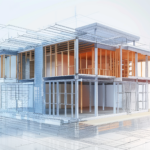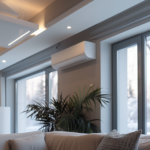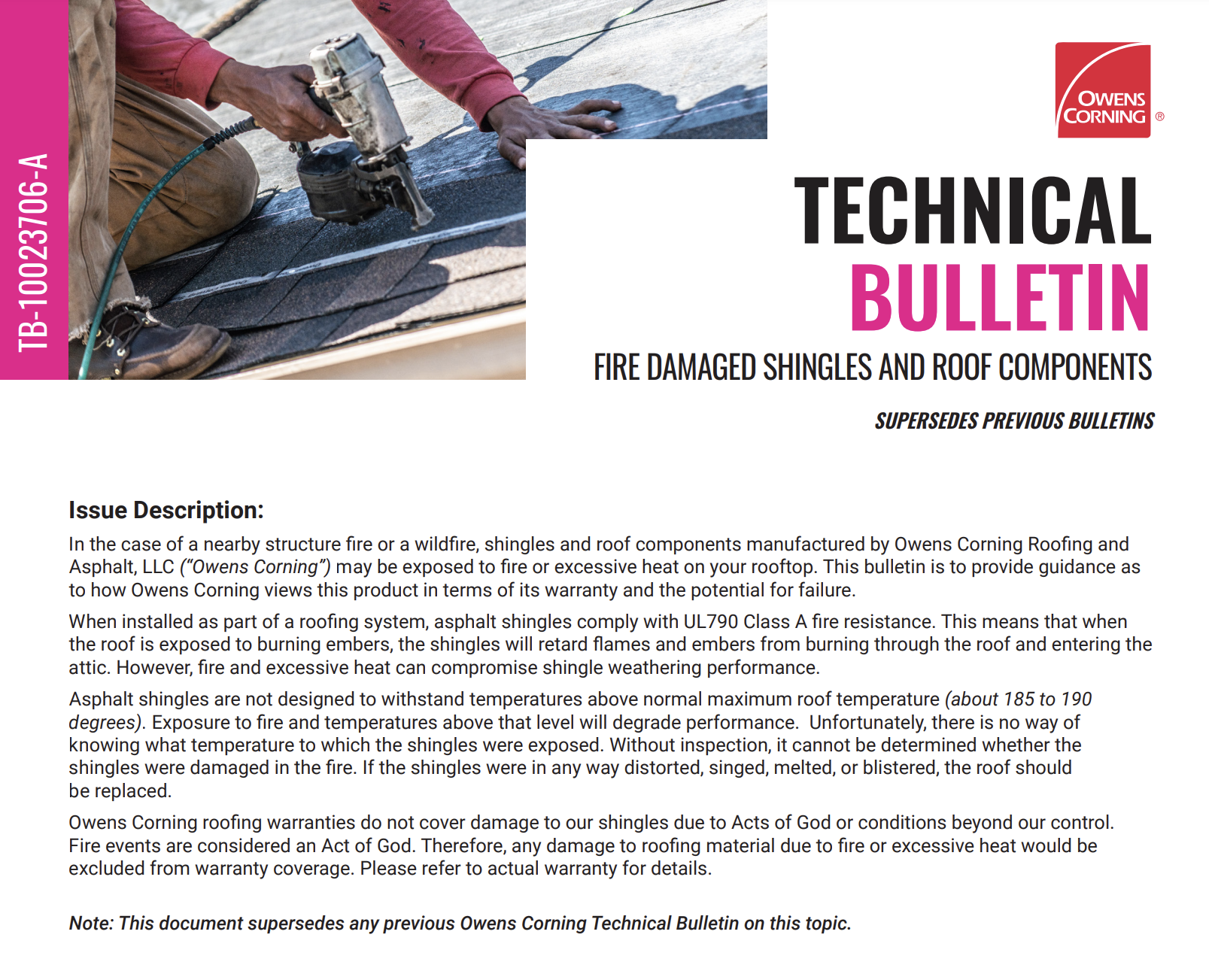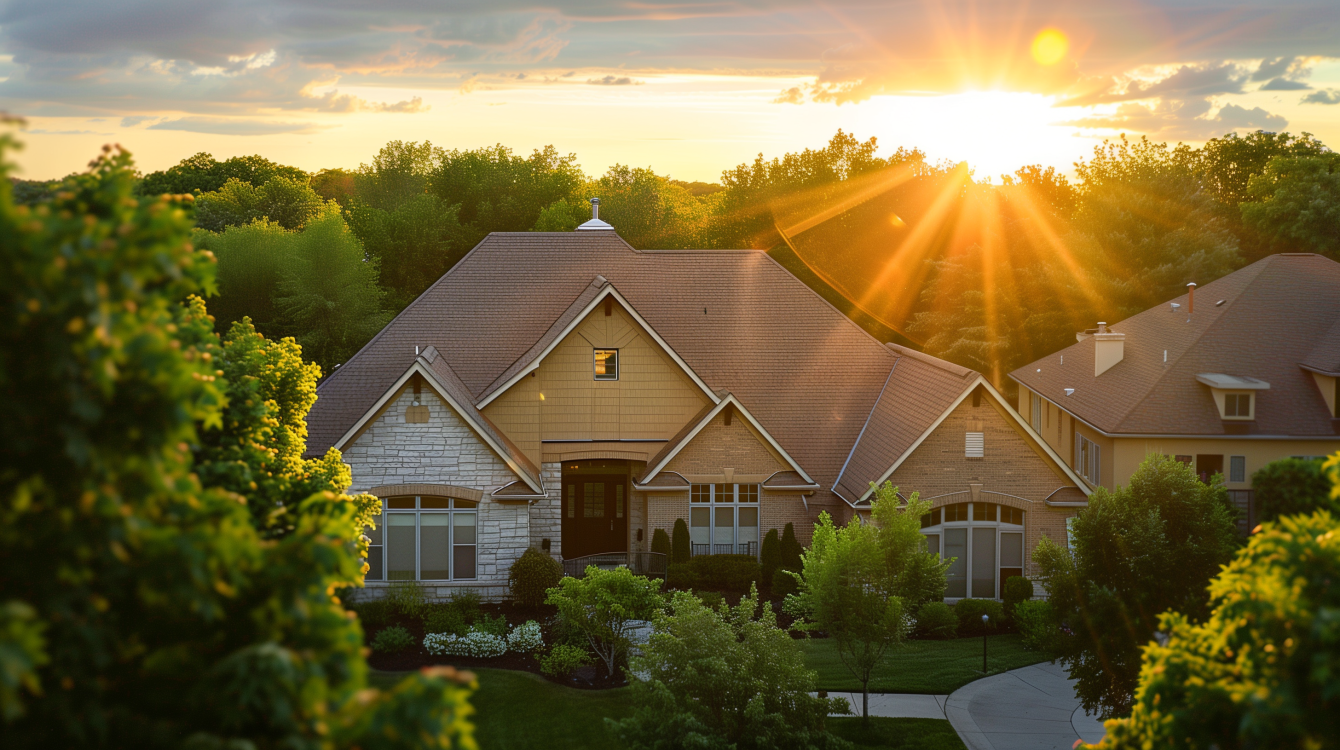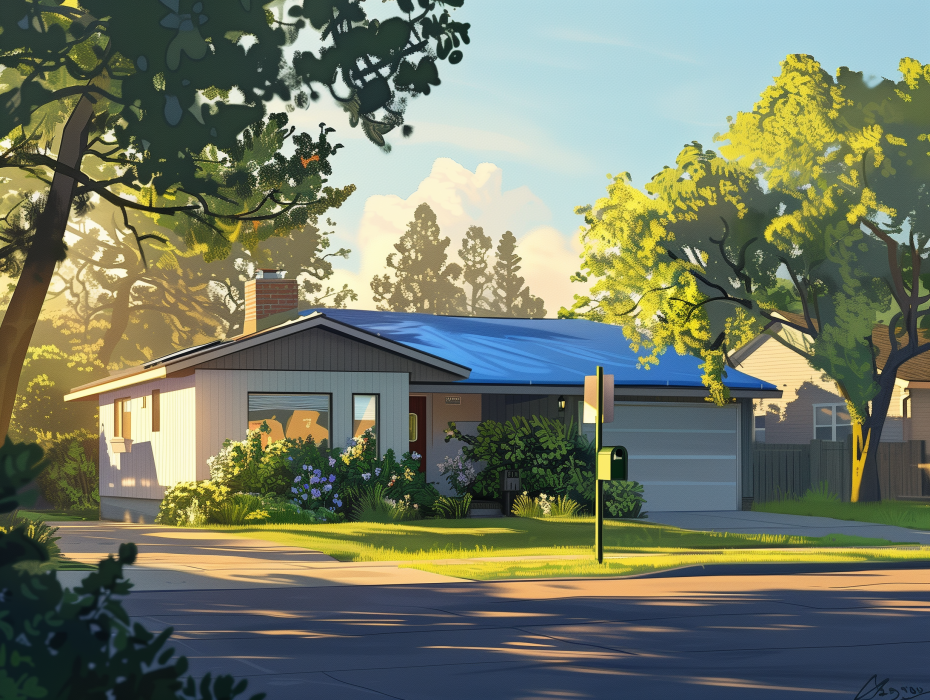Understanding Fire Damage to Asphalt Shingles
When a structure fire or wildfire occurs nearby, roofing materials, including shingles, can be exposed to extreme heat and fire. This exposure can significantly affect the performance and integrity of the roofing system. Owens Corning Roofing and Asphalt, LLC (“Owens Corning”) provides guidance on how fire exposure impacts their products and what homeowners should consider regarding warranty and potential roof failure.
Key Points on Fire Resistance and Damage
- UL790 Class A Fire Resistance:
- Asphalt shingles, when installed as part of a complete roofing system, comply with UL790 Class A fire resistance standards. This rating means the shingles can retard flames and embers, preventing them from burning through the roof and entering the attic.
- Temperature Tolerance:
- Asphalt shingles are designed to withstand normal roof temperatures of up to 185-190 degrees Fahrenheit. Exposure to fire or temperatures above this range will degrade the shingles’ performance.
- Post-fire exposure, it is impossible to ascertain the exact temperature the shingles were subjected to without thorough inspection.
- Visible Damage Indicators:
- Shingles that are distorted, singed, melted, or blistered indicate significant heat exposure and damage.
- If any such damage is observed, the roof should be replaced to ensure the home’s safety and the roof’s functionality.
Warranty Information and Limitations
- Warranty Exclusions:
- Owens Corning roofing warranties do not cover damage due to Acts of God, including fire events.
- Any damage resulting from fire or excessive heat exposure falls outside warranty coverage. Homeowners should refer to the actual warranty documentation for detailed terms and conditions.
Recommendations for Homeowners
- Inspection After Fire Exposure:
- If your roof has been exposed to a nearby fire or wildfire, a professional inspection is crucial. Trained roofing contractors can identify heat damage that may not be immediately visible.
- Consider Replacement:
- If any signs of shingle damage are detected, replacing the roof is advisable. Compromised shingles can lead to further issues, including leaks and reduced fire resistance.
- Preventive Measures:
- Regular maintenance and inspections can help identify potential vulnerabilities in your roofing system, allowing for timely repairs and replacements.
Conclusion
Fire and excessive heat can severely compromise the integrity of asphalt shingles and other roof components. Understanding the limitations of fire resistance and warranty coverage is essential for homeowners. Regular inspections and timely replacements are key to maintaining a safe and functional roof after exposure to fire.
For Immediate Service or Consultation
Contact Allied Emergency Services, INC.
Phone: 1-800-792-0212
Email: Info@AlliedEmergencyServices.com
Location: Serving Illinois, Wisconsin, and Indiana with a focus on the greater Chicago area.
If you require immediate assistance or have specific questions, our human support is readily available to help you.
Disclaimer: This article is intended for informational purposes only. For professional advice, consult experts in the field.


